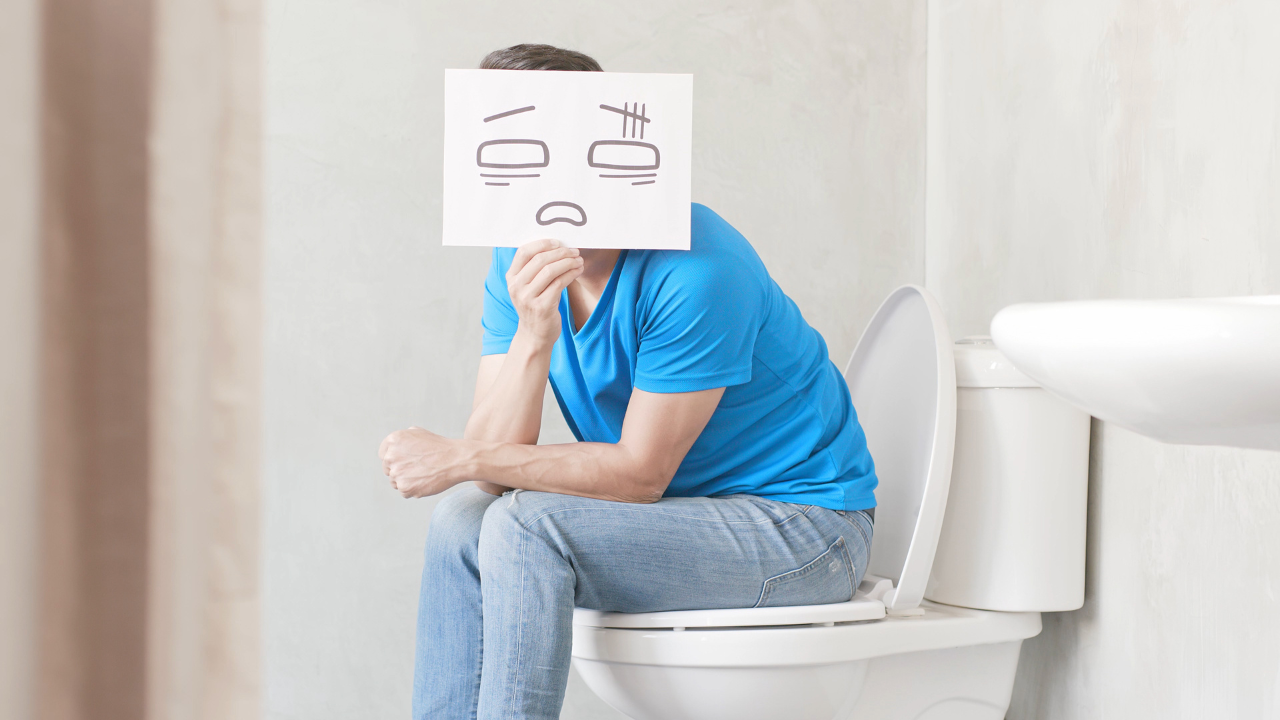Morning poop vs evening poop: What the timing reveals about metabolism

Most people don’t think much about when they poop, but the timing reveals how their gut and metabolism are working together. Our bowel movements follow a circadian rhythm, the same internal 24-hour clock that regulates sleep, hormones, and digestion. Research shows the colon is most active in the early hours after waking, which is why many people have morning stools.If someone regularly poops in the evening or at unpredictable times, it may signal shifts in their gut clock, stress levels, or eating patterns. By paying attention to when things “go,” it’s possible to learn small but powerful things about overall metabolic health, without being weirded out by the topic.
Why the body prefers morning bowel movements
Human colonic activity is not constant; it peaks around wake time. A detailed review showed that colon motility (movement) has a strong circadian rhythm, with much more activity during the day than at night.This is likely regulated by clock genes. For example, a study on mice found that deleting Per1 and Per2 genes disrupted rhythmic stool output and colonic pressure cycles.Also, waking up, and eating shortly afterwards, activates the gastrocolic reflex, which helps push contents through the colon.Together, these mechanisms make morning poops a natural and healthy sign that the circadian rhythm and gut motility are aligned.
What evening poop may reveal about gut rhythm
If bowel movements happen regularly in the evening, it might suggest a shifted internal clock. Normally, the colon slows down at night: circadian reviews show reduced colonic activity after dark.When someone’s digestive activity peaks later, it can point to disrupted circadian signalling, for example, due to late eating, shift work, or irregular sleep. Studies also suggest that time cues like food (rather than just light) help set peripheral clocks in the gut.Thus, evening poops may reflect a misaligned metabolic rhythm rather than just lazy digestion.

When random timing hints at stress or irregular meals
Irregular poop timing often indicates that non-circadian factors are at play. Chronic stress can alter gut motility by raising stress hormones like cortisol, which can speed up or delay colon movement depending on how sensitive the gut is. Animal studies show visceral sensitivity (how the gut senses stretch or pain) also follows a circadian pattern. In addition, inconsistent meal times confuse the gut’s peripheral clock: feeding at the “wrong” times (for example, late at night or erratically during the day) desynchronizes clock-gene expression in the gut, according to reviews on circadian disruption.Together, these signals can lead to bowel movements at unpredictable times, reflecting a gut that’s more reactive than finely tuned.
How metabolism links to bowel timing
Metabolism and gut motility are deeply intertwined through circadian rhythms. A review of gastrointestinal circadian control explains how the central clock (in the brain) and peripheral clocks (in the gut) coordinate digestive activity and waste elimination.When circadian rhythms are disrupted, for instance, by irregular sleep or feeding schedules, it affects not just gut motility but also metabolic processes like glucose regulation and lipid metabolism, as per a study published in the NIH.Thus, regular morning bowel movements may be a marker for a well-synchronised metabolic system, while evening or erratic bowel patterns might hint at underlying metabolic or circadian misalignments.

The role of fiber, hydration, and your microbiome
Diet plays a powerful role in how and when the gut “moves.” A high-fiber diet increases stool bulk, which encourages stronger motility. When coupled with good hydration, this helps align bowel movements with circadian peaks.Beyond that, the microbiome (your gut bacteria) also follows daily rhythms. Recent research shows that circadian disruption, caused by erratic sleep or eating, disrupts microbial rhythms, which in turn can impair metabolism and gut health.These rhythmic microbes produce metabolites (like short-chain fatty acids) that feed back on our internal clocks.So, steady fiber and water are important, but so is supporting a healthy, rhythmic microbiome.
When timing changes could be a red flag
Sudden or persistent changes in bowel timing, especially when paired with pain, blood, weight loss, or bloating, may be more than just timing quirks. Research into circadian rhythm disruption links it to conditions like irritable bowel syndrome (IBS) and functional constipation.In people with disrupted clocks, bowel movements may shift later or become more inconsistent.Tracking these changes over days or weeks (with a simple diary) and discussing them with a healthcare provider can help catch issues early, before they turn into chronic gut problems.Disclaimer: This article offers general health information and is not a substitute for medical advice. If you notice persistent or painful shifts in bowel habits, please consult a qualified healthcare professional.






